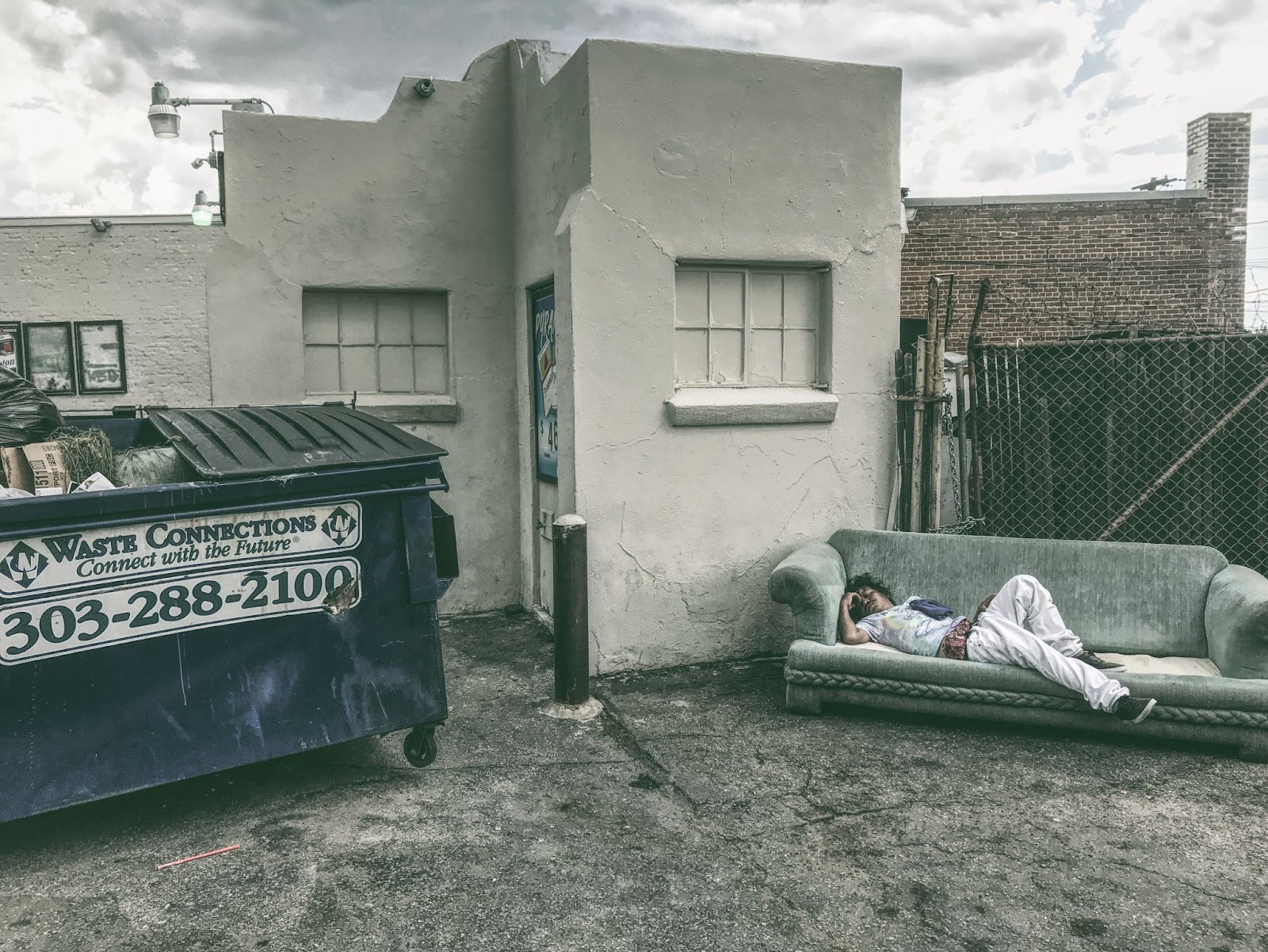Image credit: Unsplash
Los Angeles County has initiated a massive effort to enumerate its homeless population amid a worsening crisis. This comprehensive task, led by the Los Angeles Homeless Services Authority, is enlisting around 6,000 volunteers for a three-day street tally. This large-scale operation, which started on Tuesday night, is not just a mere count; it’s a crucial step toward understanding and addressing the escalating challenge of homelessness in the city.
The initiative, known as the “point-in-time” count, is more than just a headcount. It’s a strategic approach to gauge the scope of homelessness, aiming to identify the needs of the unhoused, including essential medical services, mental health care, and support for substance abuse issues. This count is particularly significant in light of the staggering increase in homelessness in the area. Reports indicate a 70% rise in Los Angeles County and an 80% surge in the city since 2015.
Recent statistics paint a grim picture of the situation. In 2023, over 75,500 people were reported homeless on any given night in L.A. County, marking a 9% increase from the previous year. The city of Los Angeles alone accounted for about 46,200 of these individuals. These figures highlight the urgency of the issue, which has seen a proliferation of temporary shelters, including cars, tents, and makeshift structures in public spaces like parks and sidewalks.
The plight of homelessness has not gone unnoticed by local government officials. Los Angeles Mayor Karen Bass, who declared a state of emergency on homelessness on her first day in office in December 2022, underscored the crisis during the count’s kickoff in North Hollywood. “Homelessness is an emergency, and it will take all of us working together to confront this emergency,” Bass stated, emphasizing the count’s importance in tackling the crisis.
Mayor Bass’s administration has taken steps to mitigate the situation, moving over 21,000 unhoused individuals into temporary shelters, including leased hotels, in 2023. The city has also been actively clearing outstreet encampments and working on additional housing projects.
The yearly homeless census is not solely a local endeavor; it’s a mandated federal obligation. Conducting this count is essential for Los Angeles and other cities to remain eligible for certain types of federal funding. This makes the accuracy and thoroughness of the count critical for securing the resources needed to combat the homeless crisis effectively.
As California residents grow increasingly frustrated with the escalating homeless population, this count comes at a crucial juncture. It reflects the community’s commitment to understanding and addressing the complex needs of its unhoused residents. The results of this count, expected to be released in late spring or early summer, will be pivotal in shaping the city’s approach to a problem that has become a defining challenge for Los Angeles.
This extensive volunteer effort, one of the largest of its kind, is a testament to the community’s resolve to tackle an issue that affects not just the homeless population but the entirety of the city’s social fabric. As volunteers traverse the streets of Los Angeles, their findings will lay the groundwork for strategies and solutions to one of our time’s most pressing social issues.




